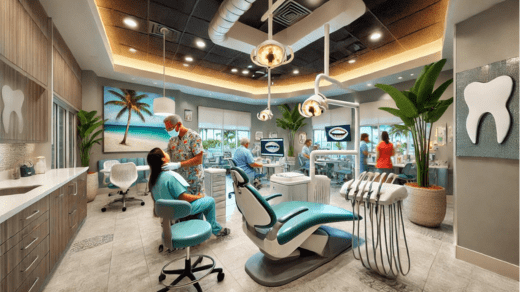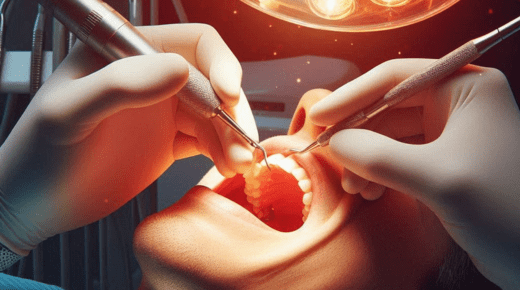Full mouth reconstruction offers a life-changing opportunity for dental patients. It provides not only a functional improvement but also a significant boost in confidence and overall quality of life. However, the success of this complex procedure depends on several critical factors. Understanding these can help you make informed decisions and set realistic expectations as you work towards your ideal smile.
Extent of the Assessment
The foundation of any successful full mouth reconstruction is a thorough assessment. This involves evaluating the patient’s dental and medical history, current oral health status, and specific needs. An experienced dentist will conduct various diagnostics, including X-rays, CT scans, and a detailed oral examination, to develop a tailored treatment plan. This step ensures that all underlying issues are addressed and that the proposed solutions align with the patient’s long-term health goals.
Quality of Materials Used
The materials chosen for restorations play a crucial role in the success of full mouth reconstruction. High-quality materials, such as porcelain or zirconia, offer durability, aesthetic appeal, and biocompatibility. These materials resist wear and tear, maintain their appearance over time, and integrate seamlessly with natural teeth. Choosing durable materials can enhance both the functionality and longevity of the reconstruction, ensuring a lasting investment in dental health.
Expertise of the Dental Team
The skill and experience of the dental team cannot be overstated. Working with experienced dentists, like those from Commack Hills Dental Group, ensures that every aspect of the reconstruction is executed with precision and care. From initial planning to the application of restorations, an expert team brings a wealth of knowledge and skill to the table, significantly impacting the outcome. Their ability to anticipate and manage potential complications can make a significant difference in achieving a successful result.
Oral Hygiene Habits of the Patient
Patient involvement doesn’t end once the procedure is complete. Maintaining excellent oral hygiene is essential for the longevity of the reconstruction. Daily brushing and flossing, along with regular dental check-ups, help prevent plaque buildup, decay, and gum disease. Patients who commit to maintaining oral health can maximize the benefits of their reconstruction and preserve their new smile for years to come.
Post-Procedure Care
Aftercare is another critical factor in the success of full mouth reconstruction. Following the dentist’s post-operative instructions, such as dietary recommendations and avoiding hard foods initially, can aid in the healing process. Attending follow-up appointments allows the dental team to monitor progress and make any necessary adjustments. Proper aftercare supports recovery, minimizes complications, and ensures the best possible outcome.
Psychological Preparedness
Embarking on full mouth reconstruction is as much a mental journey as it is a physical one. Being psychologically prepared can greatly influence the overall experience and outcome. Patients need to have a clear understanding of the procedure, including the timeframes and potential challenges involved. Realistic expectations and open communication with the dental team can also help alleviate anxiety and build confidence throughout the process.
By understanding these key factors, dental patients can actively participate in their full mouth reconstruction journey. Whether you’re considering this procedure for functional or aesthetic reasons, knowledge is power. Start your path to a healthier smile by consulting with an experienced dental team, and take the first step towards a brighter future!




